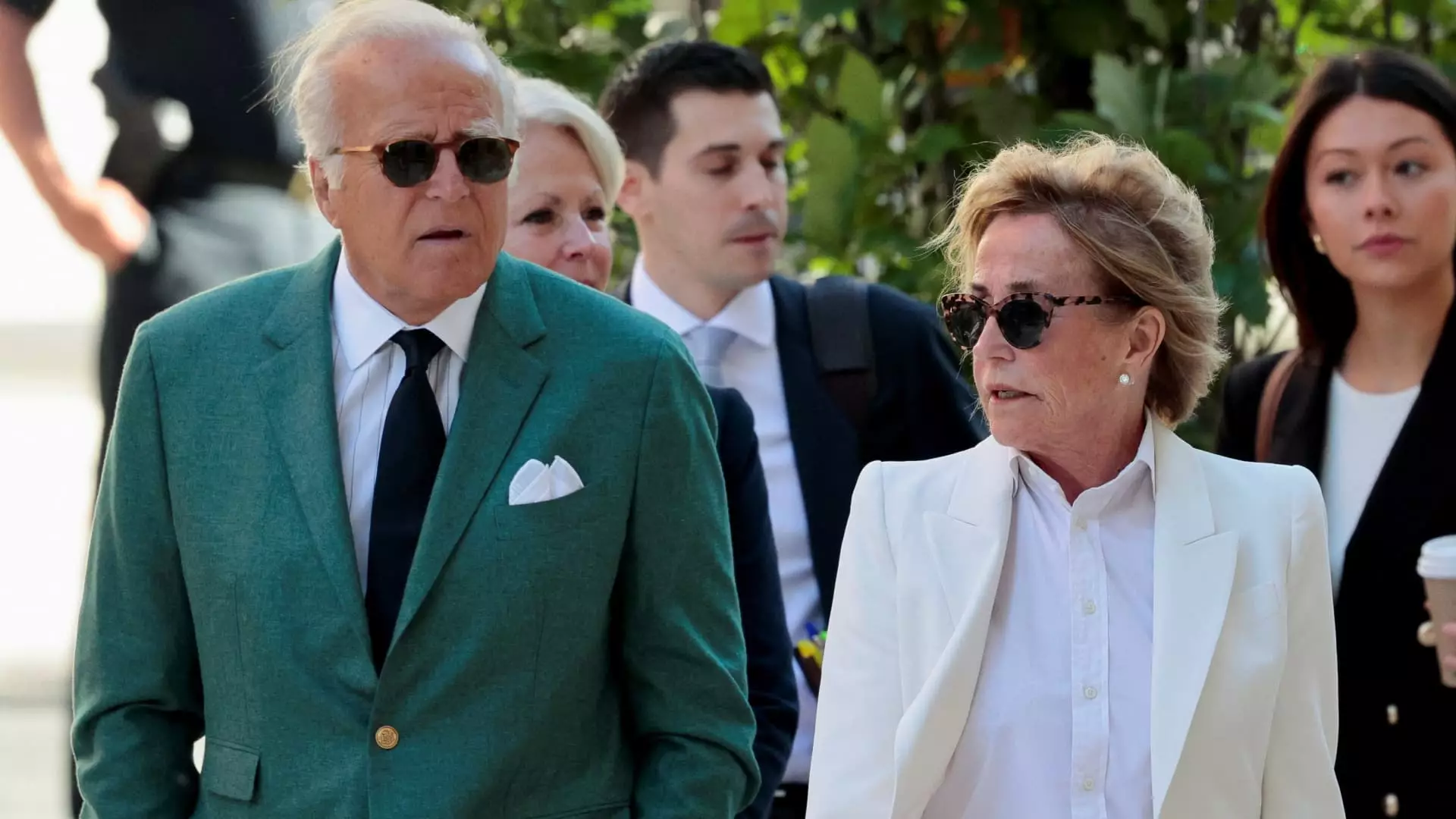In a bold political maneuver, President Joe Biden’s recent announcement regarding preemptive pardons for family members and notable figures exemplifies a growing trend in American politics—using executive power to shield individuals from politically charged investigations. This strategic action, followed closely by the political landscape, raises important questions about the intersection of law, ethics, and personal loyalty.
Pardons have long been part of the presidential toolkit, historically used as a means to offer redemption or mercy, particularly in high-profile cases. However, as the political climate becomes increasingly hostile, the use of pardon power appears to be evolving. Biden’s actions reflect a keen awareness of the potential for partisan investigations to spiral into witch hunts, leveraging his authority to grant immunity not only to his family members but also to allies and those at risk of becoming collateral damage amid partisan skirmishes.
The pardons announced by Biden included his brothers, James and Francis, alongside his sister Valerie and their respective spouses. The immediate context of this move is significant; they were granted just moments before Donald Trump was to be sworn in, underscoring the tensions that had characterized Biden’s presidency and the prior administration.
The Justification of Preemptive Pardons
Biden has asserted that his family members faced “baseless and politically motivated investigations,” suggesting a deep-rooted concern regarding their safety and reputations. This type of justification raises crucial discussions about the very nature of justice and punishment. Should the threat of unfounded investigations necessitate preemptive pardons? While the integrity of legal institutions should be upheld, it is essential to scrutinize the implications of protecting individuals based on anticipated partisan attacks rather than substantiated misconduct.
Biden’s statements regarding these pardons emphasized a philosophical stance on the law. He expressed a belief in the importance of legal fairness and the detrimental effects that politically charged investigations can have on personal lives—the anguish of reputational damage and financial instability can linger, even if individuals are ultimately exonerated. This perspective not only highlights the personal stakes involved but also raises questions about accountability and transparency within public office.
Broadening the Horizon: Precedents and Implications
This isn’t the first time a president’s pardoning power has had broad implications politically and socially. Throughout U.S. history, presidents have utilized this authority to act frequently out of political expedience rather than sheer justice. The pardons of high-profile individuals, including former Kentucky Democratic Party Chairman Gerald Lundergan and South Carolina Councilman Ernest Cromartie, further complicate the narrative surrounding Biden’s approach.
Moreover, Biden’s decision to commute the life sentence of Leonard Peltier—a figure whose conviction has remained deeply controversial—illustrates the complexities concerning the justice system’s long-standing shortcomings, particularly in cases involving marginalized communities. These preemptive actions, though intended to protect, can also overshadow the larger systemic issues in the judicial system.
The political landscape in the United States is increasingly fraught with ambiguities surrounding partisan motivations and the integrity of investigations. Biden’s reluctance to accept any association of guilt implies a desire to redefine accountability and perhaps suggest a new paradigm in the interplay of politics and power.
The partisan warfare characteristic of contemporary governance appears relentless. With Biden expressing no confidence that these investigations will cease, it suggests a perilous path forward for not just him but for future administrations as well. The normalization of preemptive pardons may pave the way for future presidents to bypass constitutional checks under the guise of protecting themselves and their families from politicized attacks.
While Biden’s preemptive pardons may seem protective, they potentially reinforce a troubling precedent: that the political arena can effectively sanction actions that undermine genuine justice. As these dynamics evolve, the core challenge remains—how to balance political power with ethical governance that prioritizes the principles of justice over political survival.


Leave a Reply